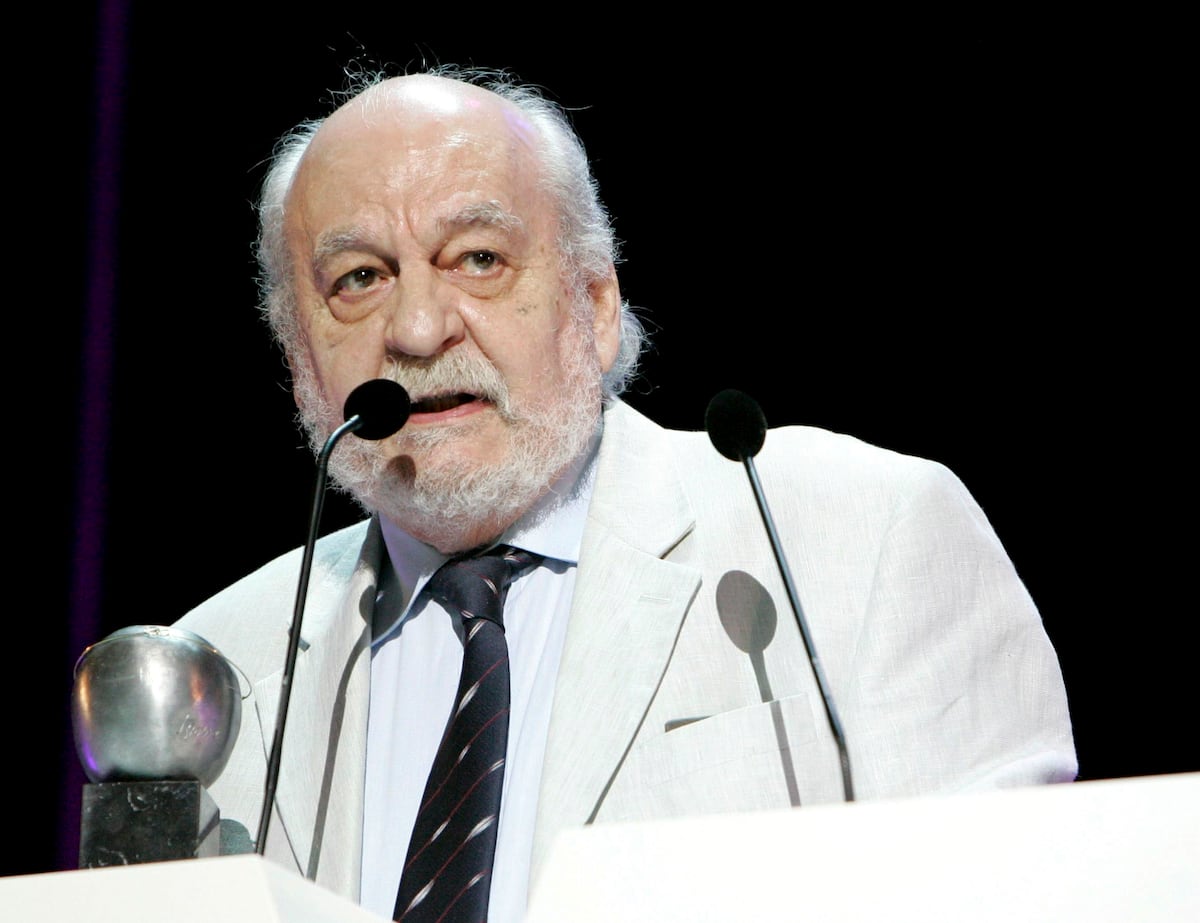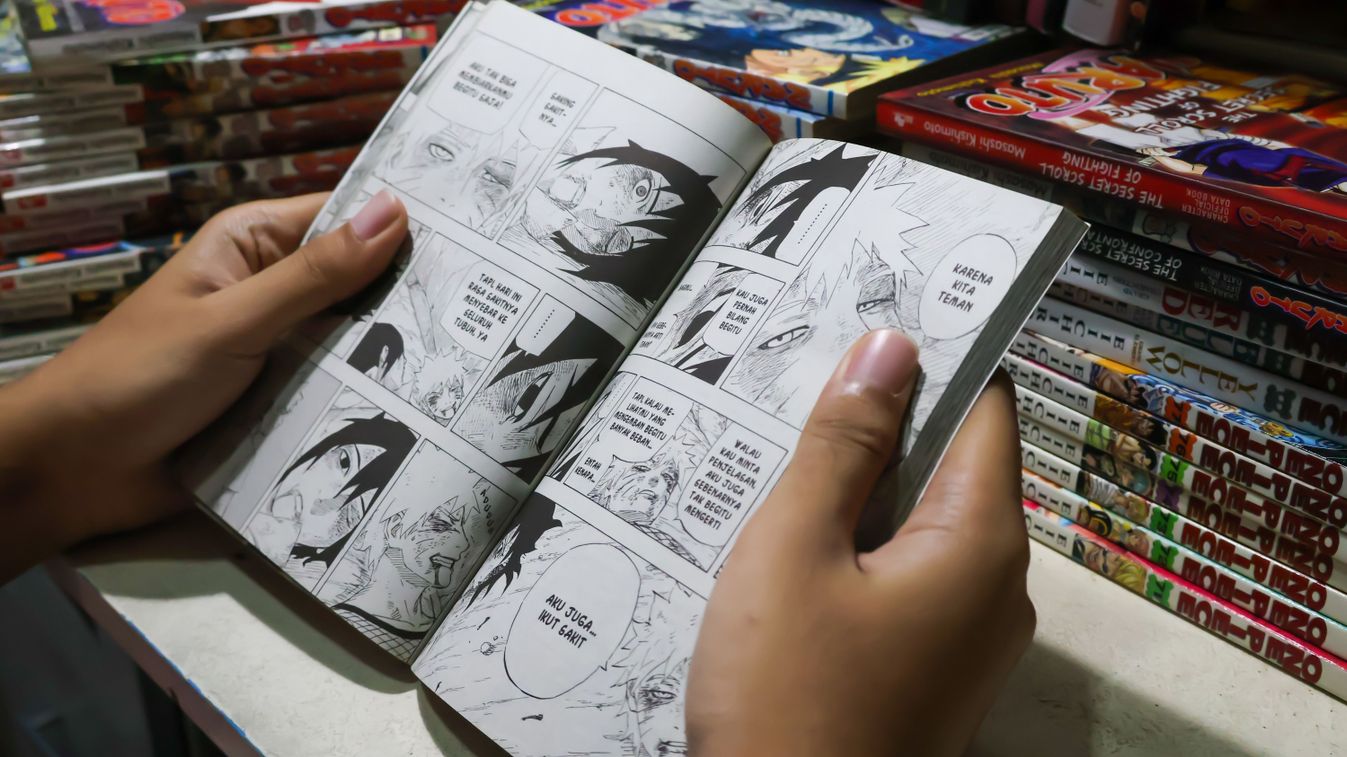The Argentine theater misplaced this Thursday considered one of its nice academics, the playwright Roberto Tito Cossa. The writer of classics corresponding to La nona, Yepeto and Gris de absence died on the age of 89 in Buenos Aires, hours earlier than the Cervantes Nationwide Theater premiered a piece tailored by him. Dedicated and transformative, Cossa was a part of the brand new realism theatrical technology that emerged within the seventies.
Cossa was born on November 30, 1934 right into a middle-class household within the Argentine capital. He had been fascinated by theater since he was a baby, however his shyness prevented his first strategy from going past performing courses. “I wished to get on stage however I did not have the nerve,” he used to recollect a few choice that weighed on him. “My solely remorse just isn’t having been an actor,” he confessed a month in the past in his final interview, within the newspaper La Nación. His performing profession was restricted to small roles, such because the previous man in En familia, by Florencio Sánchez.
He selected to redirect his first skilled steps in the direction of journalism and after debuting within the newspaper Clarín, he later continued for El Cronista Comercial, La Opinión, the Cuban information company Prensa Latina and Página 12, amongst different media.
Theater in dictatorship
The written phrase was the important thing he discovered to open the doorways of the theater, with out utterly abandoning journalism. Her best success got here through the dictatorship with La nona, a personality born by a tv request who hit the stage in 1977. That girl with an insatiable urge for food who compelled the entire household to work increasingly more and resort to probably the most absurd options to calming his starvation turned an unavoidable determine.
In 1981, Cossa participated within the creation of Teatro Abierto, a cultural motion that stood as much as the army regime via works that portrayed the painful social actuality. For the primary cycle, Cossa conceived Grey of Absence, primarily based on a household with Italian roots that decides to return to Europe as a result of circumstances of the nation and open the restaurant La Argentina. Their day by day lives are coloured by a harsh feeling of rootlessness, financial hardship and lack of adaptation.
The lengthy traces to get a ticket confirmed the delicate chord that this transgressive cycle touched, however every week after the premiere a bomb destroyed the services of the Teatro Picadero the place it was going down. “If the bomb had not occurred, maybe it might go unnoticed extra, though, from the primary rehearsal with the general public, the room was full, there was a notable want, greater than 8,000 season tickets had been bought,” Cossa recalled in his final interview.
“Theatre serves as another artwork, to awaken the sensitivity of a spectator, entertain him, seduce him, make him chortle or cry,” appreciated to say who was additionally a acknowledged defender of authors from the presidency of the Common Society of Argentine Authors. (Argentores). Among the many thirty works that he wrote are additionally Tute Cabrero, Nuestro weekend, Angelito (the socialist cabaret) and The greeter. Lots of them crossed borders and reached European and North American levels.
Within the eighties, his profession as a playwright and columnist expanded with the writing of movie scripts. He tailored the novel by his buddy Osvaldo Soriano There might be no extra sorrows or forgetting, which Héctor Olivera delivered to the massive display screen in 1983 and made the movie adaptation of his profitable performs La nona (Olivera, 1979) and Yepeto (Eduardo Calcagno, 1998) .
His profession earned him quite a few distinctions, such because the Nationwide Theater Award of Argentina, the Ibero-American Max Award, the Public and Critics Award of Spain, the Konex Platinum Award and the ornament of illustrious citizen of town of Buenos Aires. Aires. Human rights organizations additionally acknowledged his militancy, particularly as a member of the Reminiscence Fee chaired by the Nobel Peace Prize winner, Adolfo Pérez Esquivel.
Cossa’s works are engraved within the reminiscence of a number of generations of Argentines, however their validity is apparent once you see the Buenos Aires billboard. “The benefit {that a} play I wrote forty years in the past remains to be alive belongs to the actors,” she mentioned modestly only a month in the past. His piece No One Remembers Fréderic Chopin has been carried out for a few months now on the Teatro La Máscara, below the route of Norberto González. This Thursday evening, the Cervantes Nationwide Theater premieres Cossia’s adaptation of Samuel Eichelbaum’s nice basic, Un guapo del 900, directed by Jorge Graciosi. When the curtain rises, the Argentine nationwide theater can pay a heartfelt tribute to him.
Subscribe right here to the EL PAÍS América publication and obtain all the important thing data on present occasions within the area.


